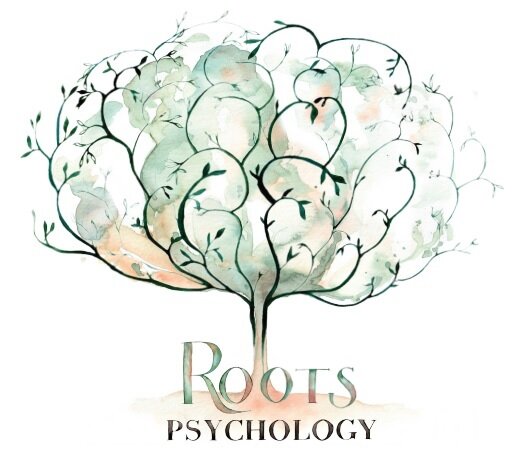Returning to school
Blog post written by Dr Catherine Pitfield, Child Psychologist (Roots Psychology) working in Brighton and Hove.
Returning to school this September will likely be a time of mixed emotions for many. Some young people will have been out of education for nearly 6 months. All young people and their parents will likely have different feelings about returning to school, and this is normal and to be expected.
Preparing your child:
Where possible let your child know of any changes that have been put in place because of COVID-19 at their school. Letting them know of any changes to their school environment or routine ahead of time will help them to prepare ahead of their first day.
Talking with your child and being curious:
It can be useful to “wonder” with your child and be curious about how they are feeling about returning to school. Children can have vivid imaginations, and it can be useful to ask them questions about what they are thinking school will be like and what they are expecting. It can also be a chance to clear up any misunderstandings that they may have about returning to school.
Acknowledging and validating your child’s feelings will help them to feel heard and contained. Saying things like “I can hear that you are feeling worried about school, it is a big change to return to school”. You can then support them to think about how they have managed changes at school before, or other new situations.
Managing anxiety:
It can be useful to remember that your child will be looking at you as to how you are feeling and coping with the return to school and taking cues from you about what this means for them. Much like when we are in an anxiety provoking situation, we take our cues from those around us to see how others are feeling. If your child is feeling particularly anxious or worried about returning to school then it might be useful to visualise an air stewardess – if you hit any turbulence on a flight you want to see others being calm and this helps us to feel reassured.
Separations:
It may be that your child has spent a lot more time with you during this period. They may become upset at leaving you, even if they have usually managed separations well. Putting words to their feelings can help them to feel heard and understood, something like “It has been great spending all this time with you this summer, and it might feel hard or strange now to be going back to school. I’m sure lots of children in your class will feel the same, and your teacher will be planning lots of fun things for you all to do. I will be here at the end of the day and can’t wait to see you later.”
Some parents like to draw a heart on their child’s and their own wrist, as a visual representation that you are always connected. If they find they are missing you they can press the heart and know that you will doing the same at home.
Managing tiredness:
Some children have been out of the school environment for a long period of time and returning to school will likely require a lot of energy and increase their arousal – they will be concentrating for longer periods of time, and will likely be seeing more people than they have been used too for the last few months. When arousal increases it makes us really alert and we are able to learn at our best. However, if arousal becomes too high we can become stressed, anxious and feel over-whelmed.
In the first few weeks of school, your child’s level of arousal will likely be high during the school day, this can mean by pick up time they are starting to feel stressed. It is not uncommon that a child is able to keep going throughout the day at school and then appear to “blow-out” at pick up. High levels of arousal disrupt our capacity to think so children will find it hard to use the strategies they normally do to manage their emotions or behaviour.
With it in mind that your child has likely had a lot to manage in the school day, it can be useful to think about how you spend the rest of the day. Some children will respond best to having some quiet time, others may prefer to “let off steam” and run around a bit.
Taking time to re-connect at the end of the school day is really important, this can be playing together, eating together, sitting together – however best you do this in your family.
It can be useful to hold off on the questions about their day until they have had some time to unwind and reconnect with you. Questions can increase arousal and feel over-whelming too soon after pick-up, think about how many questions your child can manage and when they feel most open to answering them.
Keeping positive:
Whilst it is important to acknowledge and validate any worries or concerns your child has, it is also useful to remind them of the positives around returning to school. Talking about what they are looking forward to, who they are excited to see, and what they will be able to do at school.
